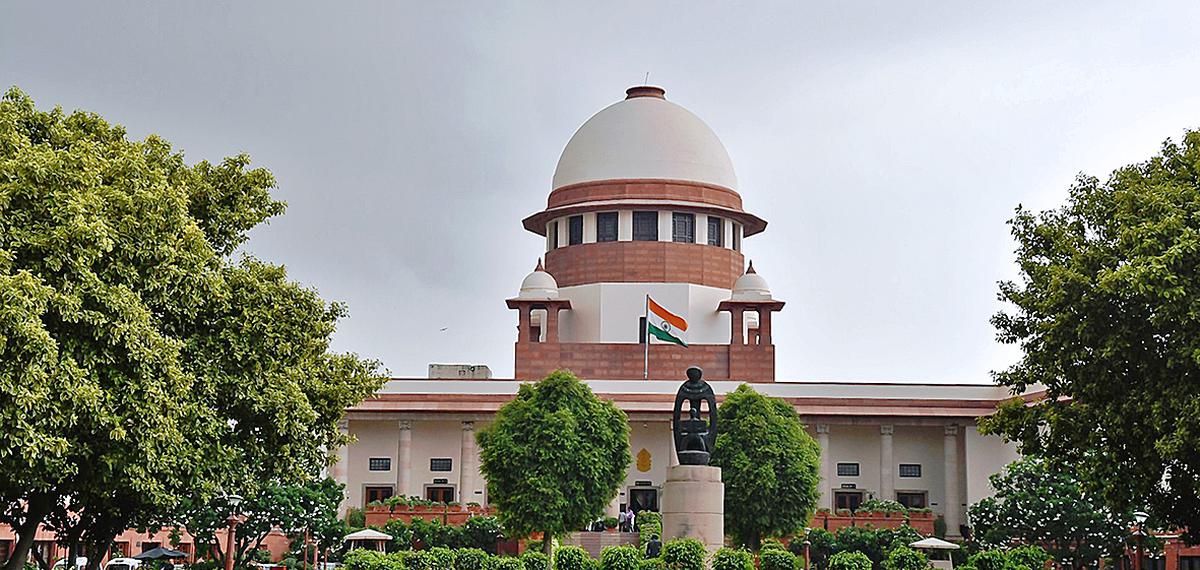NEW DELHI, Jan 9: The Supreme Court has affirmed that a daughter holds a clear, legally enforceable right to receive financial support for her education from her parents, who can be obligated to provide necessary funds according to their financial capacity.
These remarks were made by a bench consisting of Justices Surya Kant and Ujjal Bhuyan during a matrimonial dispute involving a couple whose daughter, studying in Ireland, rejected Rs 43 lakh offered by her father for her educational expenses, viewing it as part of the alimony payment to her mother.
“The daughter, being the child, possesses an indefeasible, legally enforceable, lawful, and legitimate right to demand educational expenses from her parents. We emphasize that she has a fundamental right to pursue her education, and the parents can be compelled to financially support her within their means,” stated the bench in its order dated January 2.
The court noted that the daughter chose to return the funds to maintain her dignity, but her father declined to accept the repayment.
According to the court, she was entitled to keep the money, as it was meant for her education. The father was indicated to have utilized the funds without sufficient justification, demonstrating his ability to provide for her academic needs.
“The second respondent (daughter) therefore has the right to retain that amount. She is not required to return it to either the appellant (mother) or the respondent number 1 (father), and can utilize it as she sees fit,” stated the court.
The bench also referenced a settlement agreement signed by the estranged couple on November 28, 2024, which included the daughter’s consent.
The court revealed that the husband had agreed to disburse a total of Rs 73 lakh to his estranged wife and daughter, allocating Rs 43 lakh towards his daughter’s educational aspirations and the remaining amount for his wife.
Since the wife had received her Rs 30 lakh share and the couple had been living separately for 26 years, the bench found no reason not to grant a mutual consent divorce. “Therefore, we invoke our powers under Article 142 of the Constitution to dissolve the marriage by granting a decree of divorce by mutual consent,” it concluded.
Additionally, the court directed that according to the settlement agreement, neither party should initiate further legal proceedings against each other. If there were any ongoing cases in any forum, they should be resolved in accordance with the agreement.
“The parties will have no future claims against each other and will comply with the terms of the settlement agreement, which shall be incorporated into this order,” the court stated. (PTI)


Leave a Reply